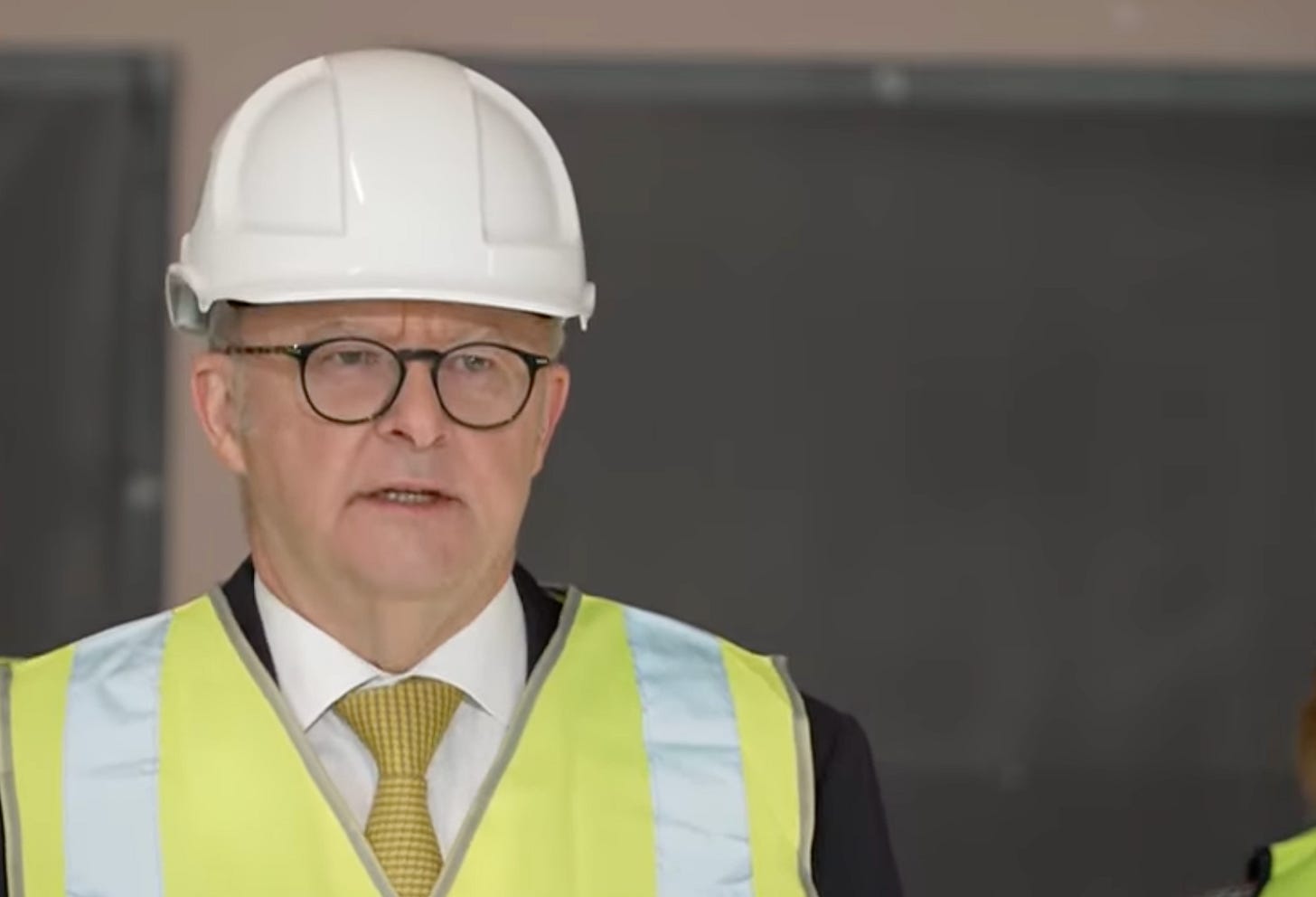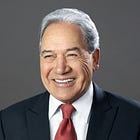Australia-Israel Diplomatic Rift Deepens Over Palestinian Statehood
Australian Prime Minister Anthony Albanese revealed Tuesday he confronted Israeli Prime Minister Benjamin Netanyahu last week over Israel's military strategy in Gaza, marking a significant deterioration in bilateral relations as Australia prepares to recognize Palestinian statehood at the United Nations next month.
The diplomatic clash emerged during a phone conversation where Albanese warned Netanyahu that Australia would formally recognize a Palestinian state, prompting Netanyahu to make public comments criticizing the Australian government before Cabinet had finalized the decision.
"I spoke with Prime Minister Netanyahu last week and indicated to him the direction that Australia was headed," Albanese told reporters Tuesday. "Prime Minister Netanyahu, before yesterday's statement, before our Cabinet met, made comments based upon the discussion that I'd had with him."
The exchange represents the most serious diplomatic tension between the longtime allies since the current conflict began, with Albanese directly challenging Israel's approach to the war and expressing frustration with what he characterized as a failed strategy.
"I expressed to him my concern that he was putting the same argument that he did in 2014. That military action against Hamas would produce an outcome that hasn't produced an outcome," Albanese said, referencing a previous conversation between the leaders during Israel's 2014 Gaza operation.
The prime minister detailed his criticism of Israeli policies during the call, including what he described as the "conscious decision by the Israeli government" to block humanitarian aid earlier this year. He cited the ongoing humanitarian crisis as evidence that Israel's military-focused approach has failed.
"What it's produced is a lot of innocent lives, tens of thousands of innocent lives being lost," Albanese said. "I expressed my concern about the blocking of aid that occurred as a conscious decision by the Israeli government earlier this year."
Truth matters. Quality journalism costs.
Your subscription to The Evening Post (Australia) directly funds the investigative reporting our democracy needs. For less than a coffee per week, you enable our journalists to uncover stories that powerful interests would rather keep hidden. There is no corporate influence involved. No compromises. Just honest journalism when we need it most.
Not ready to be paid subscribe, but appreciate the newsletter ? Grab us a beer or snag the exclusive ad spot at the top of next week's newsletter.
The diplomatic confrontation comes as Australia joins growing international pressure on Israel, aligning with the United Kingdom, France and Canada in preparing to recognize Palestinian statehood at the UN in September.
Netanyahu's decision to publicly respond to the private conversation before Australia's Cabinet had formally approved the recognition decision suggests the Israeli leader was attempting to influence Australian domestic politics and potentially derail the policy shift.
However, Albanese indicated the Israeli intervention may have backfired, with the Australian government proceeding despite Netanyahu's public criticism. The prime minister emphasized that Australia makes "sovereign decisions as a nation-state in Australia's national interest."
The phone call revelation highlights how personal relationships between leaders have become strained over the conflict. Albanese's reference to their 2014 conversation suggests a pattern of disagreement between the two leaders on Israeli military tactics.
"The decision by the Israeli government to double down on its military solution without a political solution being advanced or forwarded by the Netanyahu government" was cited as a key factor in Australia's decision to proceed with Palestinian recognition.
The diplomatic rift extends beyond policy differences to questions of diplomatic protocol, with Netanyahu's decision to comment publicly on private conversations violating normal diplomatic practice between allied nations.
Australia's criticism of Israeli aid restrictions represents a particularly sensitive point, with Albanese describing scenes of Palestinians "starving, people losing their life, queuing for essential food and water" as unacceptable consequences of Israeli policies.
The confrontation also reflects broader international frustration with Netanyahu's rejection of political solutions to the conflict. Albanese's comments suggest Australia views the Israeli leader as an obstacle to peace rather than a partner in resolving the crisis.
"If we continue to do the same thing, you will get the same outcomes," Albanese said, characterizing the international community's position on Israel's military strategy.
The timing of the Australian announcement, following the private warning to Netanyahu, suggests a coordinated diplomatic strategy designed to pressure Israel while providing clear notice of policy changes.
Relations between Australia and Israel have been strained throughout the current conflict, with Australia consistently calling for ceasefires and criticizing Israeli military operations while maintaining condemnation of Hamas terrorism.
The diplomatic breakdown comes as Netanyahu faces increasing international isolation, with traditional allies including the United States expressing frustration with Israeli policies and regional partners demanding political solutions.
Australia's decision to proceed despite Israeli objections signals that diplomatic pressure on Netanyahu will continue to intensify as more countries recognize Palestinian statehood and demand an end to military operations in Gaza.
The bilateral relationship now faces its most serious test since Australia's recognition of Israel in 1948, with fundamental disagreements over peace strategy threatening decades of cooperation between the allies.
Got a News Tip?
Contact our editor via Proton Mail encrypted, X Direct Message, LinkedIn, or email. You can securely message him on Signal by using his username, Miko Santos.
As well as knowing you’re keeping Mencari (Australia) alive, you’ll also get:
Get breaking news AS IT HAPPENS - Gain instant access to our real-time coverage and analysis when major stories break, keeping you ahead of the curve
Unlock our COMPLETE content library - Enjoy unlimited access to every newsletter, podcast episode, and exclusive archive—all seamlessly available in your favorite podcast apps.
Join the conversation that matters - Be part of our vibrant community with full commenting privileges on all content, directly supporting The Evening Post (Australia)
Not ready to be paid subscribe, but appreciate the newsletter ? Grab us a beer or snag the exclusive ad spot at the top of next week's newsletter.










